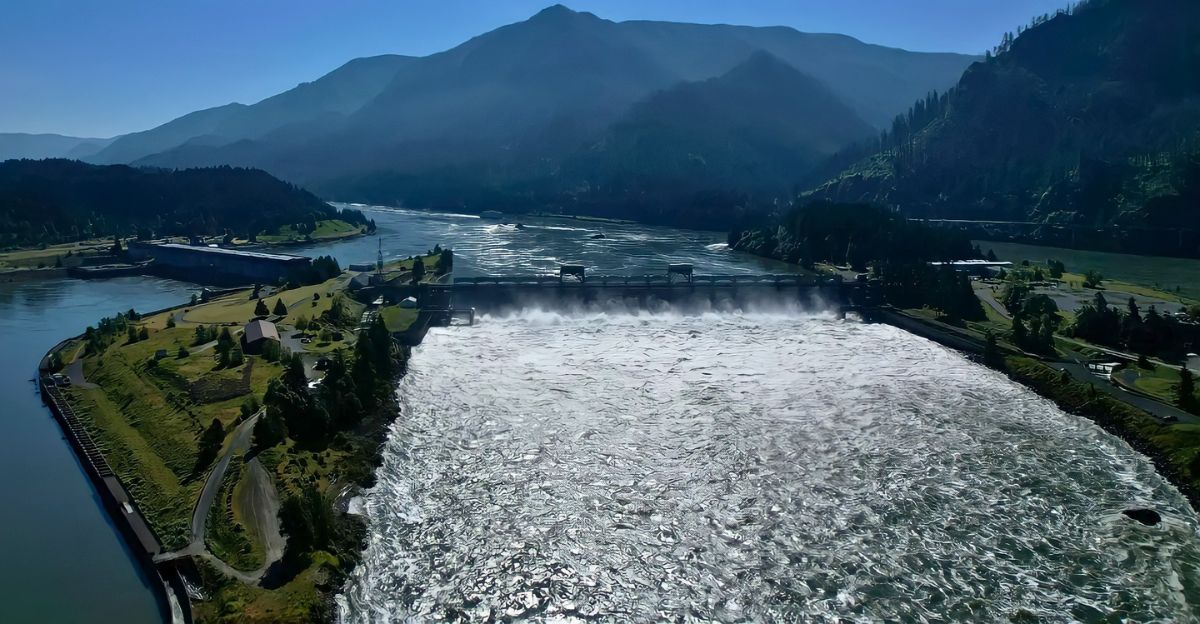
President Donald Trump’s abrupt cancellation of a Pacific Northwest salmon pact has stunned many. In June 2025, Trump pulled the U.S. out of a landmark Columbia Basin agreement that had committed over $1 billion across ten years to revive the region’s endangered Columbia and Snake River salmon runs. The plan even included studying removal of four lower Snake River dams that tribes say have decimated salmon stocks.
By voiding the deal with a single memo, Trump not only threatens fish populations but also regional power, irrigation and fisheries. Tribal leaders warn erasing years of collaboration with one pen stroke feels like a betrayal of the salmon’s future.
Administration’s rationale
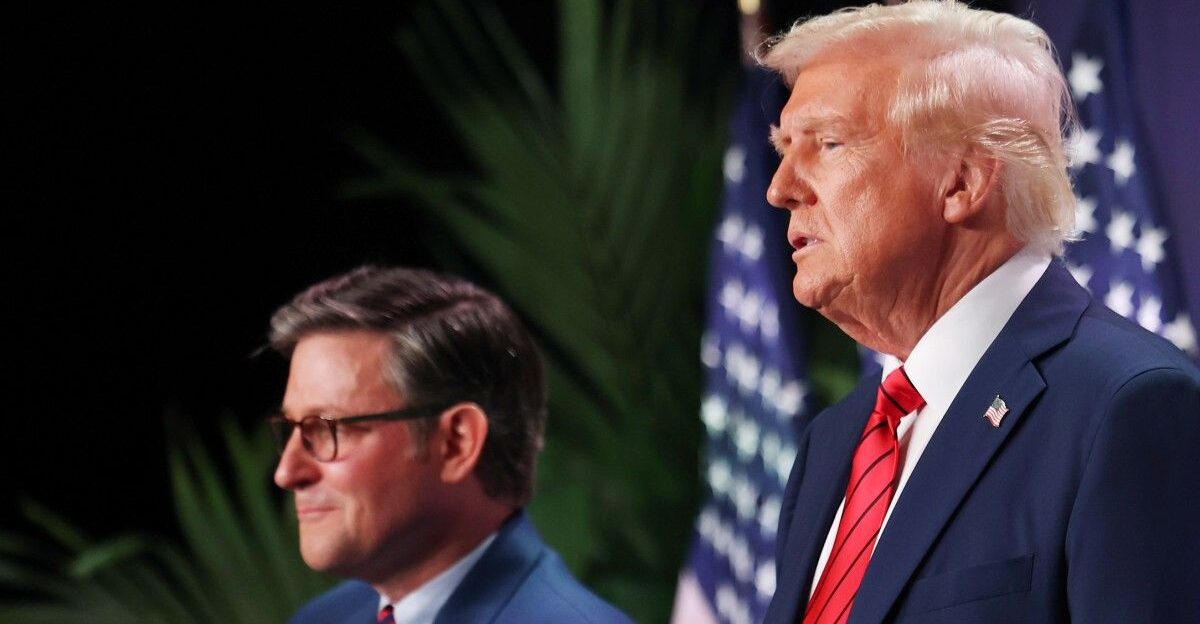
Trump and administration officials have defended the move by attacking the salmon plan itself. In the presidential memorandum, the president denounced the agreement as part of a “radical green agenda” with “onerous” new rules. The White House warned that breaching the Snake River dams would destroy cheap hydroelectric power, block barging on the river and cut off farmers’ water supplies.
The Trump team says its priority is reliable energy and low costs for Americans, not serving what it calls “speculative” environmental goals. Northwest Republicans and utility advocates have long agreed: they argued that removing the dams would imperil the power grid and hike electricity prices.
Fishermen and coastal markets feel the squeeze
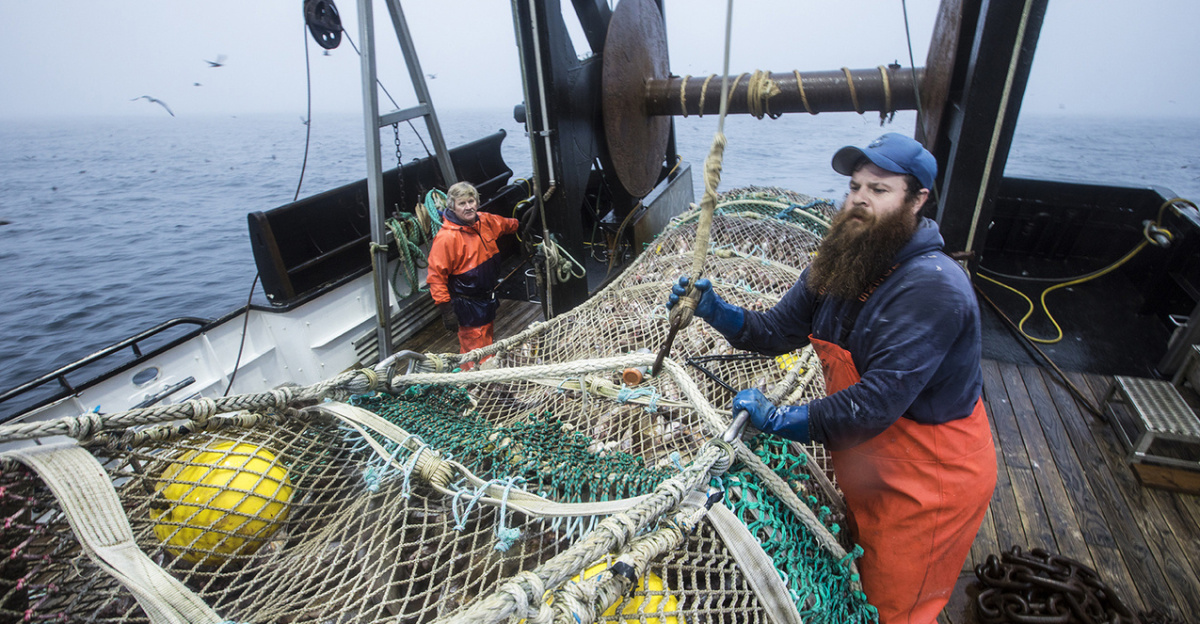
For Northwest fishers, tribes and coastal processors, the news is dire. Many Columbia and Snake River salmon today depend on hatcheries, and one Washington hatchery provides roughly half of the Chinook salmon caught by U.S. West Coast fisheries. Without the promised funding and reforms, tribal subsistence fisheries and commercial catches are on thin ice.
Yakama Nation Chairman Gerald Lewis said the cancellation “will severely disrupt vital fisheries restoration efforts”. Alaska and coastal processors that rely on Columbia River salmon now face potential shortages.
Hydropower, agriculture and shipping rejoice
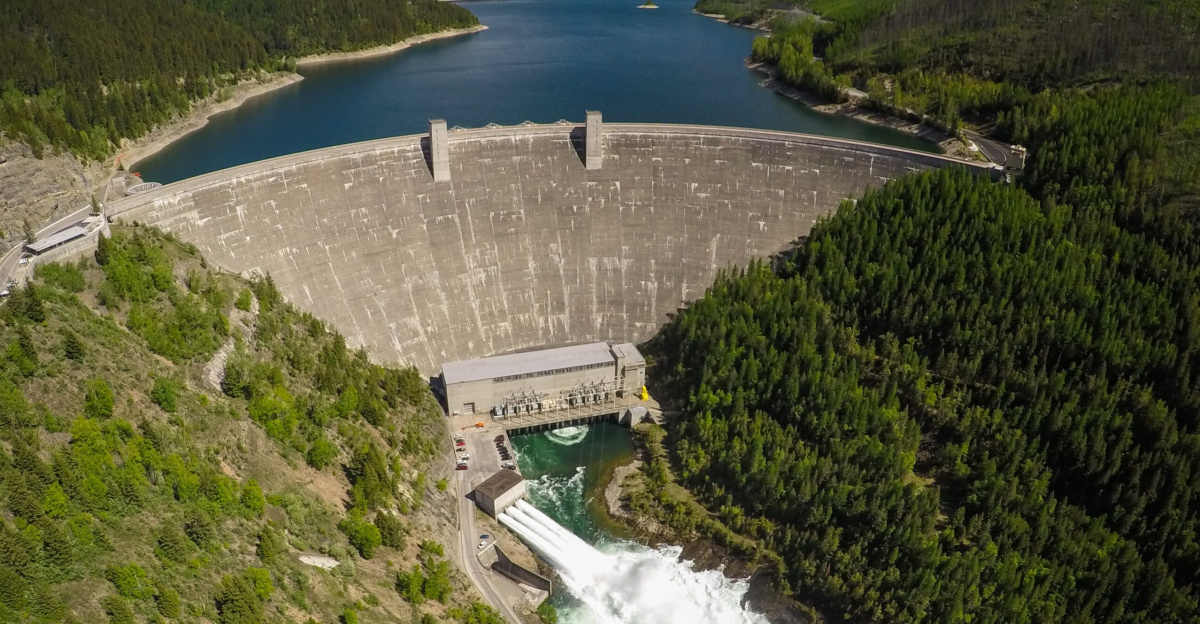
Some regional industries see a silver lining. Hydropower companies, farms and ports had long opposed the pact’s push toward dam removal. The Northwest Public Power Association promptly praised Trump’s move as “a necessary course correction”. Rep. Dan Newhouse (R-WA) thanked the president for “protecting our dams,” warning that environmental activists would have threatened the Northwest’s electricity reliability.
Even the administration’s memo highlighted those concerns, noting that dam removal would eliminate “low-cost, baseload energy” and cut off water needed for irrigation and shipping.
Wildlife and broader seafood markets respond
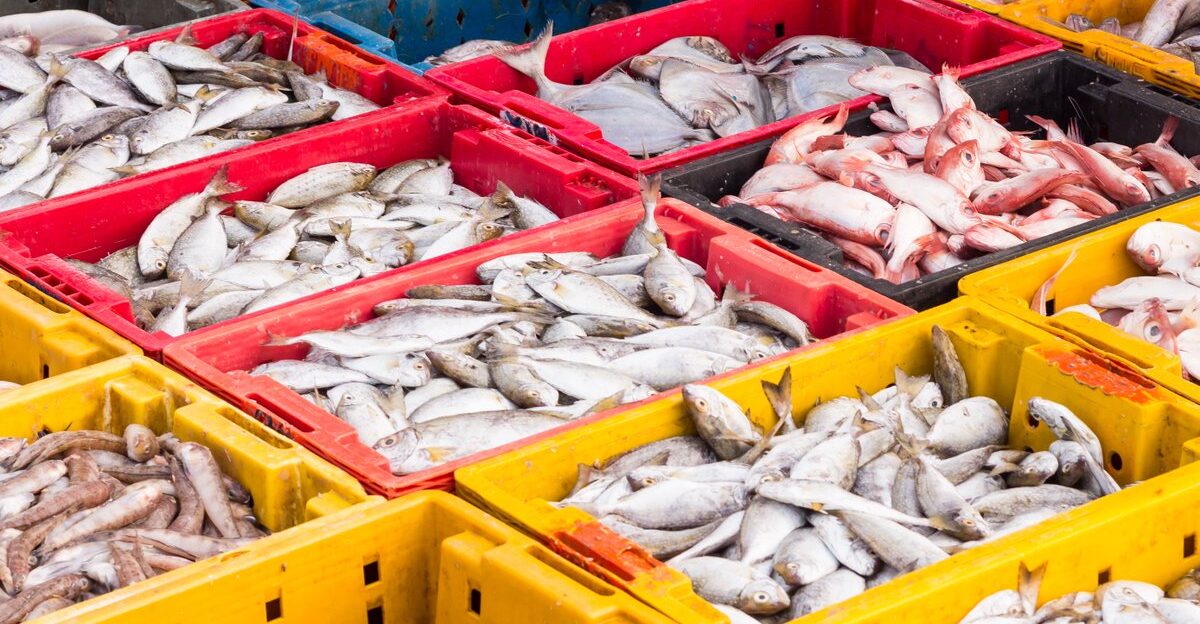
Reduced Columbia salmon runs will also ripple through the ecosystem and food markets. Endangered orcas off Washington rely heavily on Chinook salmon, and biologists warn that fewer salmon mean tougher times for these whales. Grocery chains and fishermen may lean on Alaska or farmed salmon to fill the gap. In fact, tribal hatcheries in the Columbia system already supply a large share of U.S. salmon – in some years, more than 50% of Chinook caught by West Coast fishermen come from Columbia hatchery fish.
Any shortage could raise demand for alternative seafood. Even plant-based “seafood” companies watch these changes since a drop in wild catch can drive interest in substitutes.
Legal battles reignited

The agreement’s repeal also puts the Northwest’s rivers back in the courtroom. Under the old pact, federal courts had paused decades of lawsuits against dam operators. With the pact voided, those legal cases can now move forward. Tribes and environmentalists can sue to require more water flowing over the dams, as they have won in court for years.
Utilities warn this could mean judges again forcing dam operators to spill more water for fish — a remedy that boosts fish survival but cuts hydropower generation.
Tribes cry foul: “broken promises”
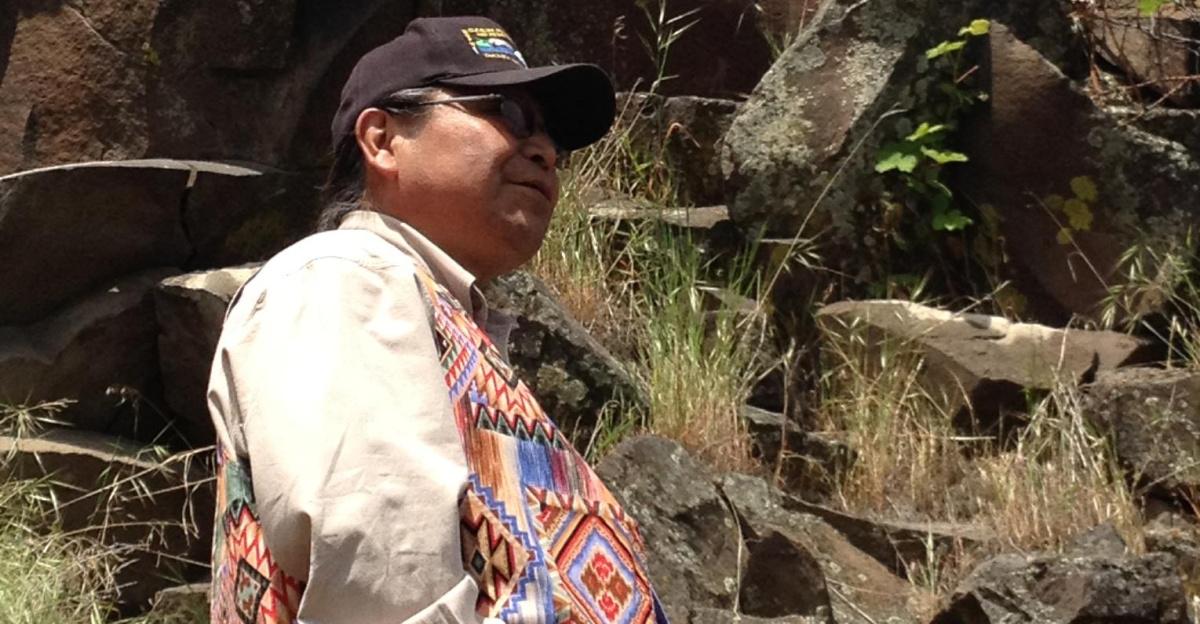
Native tribes that rely on Columbia salmon reacted with anger. Tribal leaders described the rollback as a broken promise. Yakama Council Chairman Gerald Lewis said Trump’s move “echoes the federal government’s historic pattern of broken promises to tribes” and warned it will “severely disrupt vital fisheries restoration efforts”. Six-term Sen. Patty Murray of Washington called it a “betrayal of our Tribes and a tremendous setback”.
Nez Perce Tribal Chair Shannon Wheeler lamented that salmon extinction is already happening and charged that this decision “tries to hide from the truth”. In the eyes of many tribal communities, one stroke of the president’s pen was just as devastating as the dam-building that eroded their fish runs.
Political and policy fallout
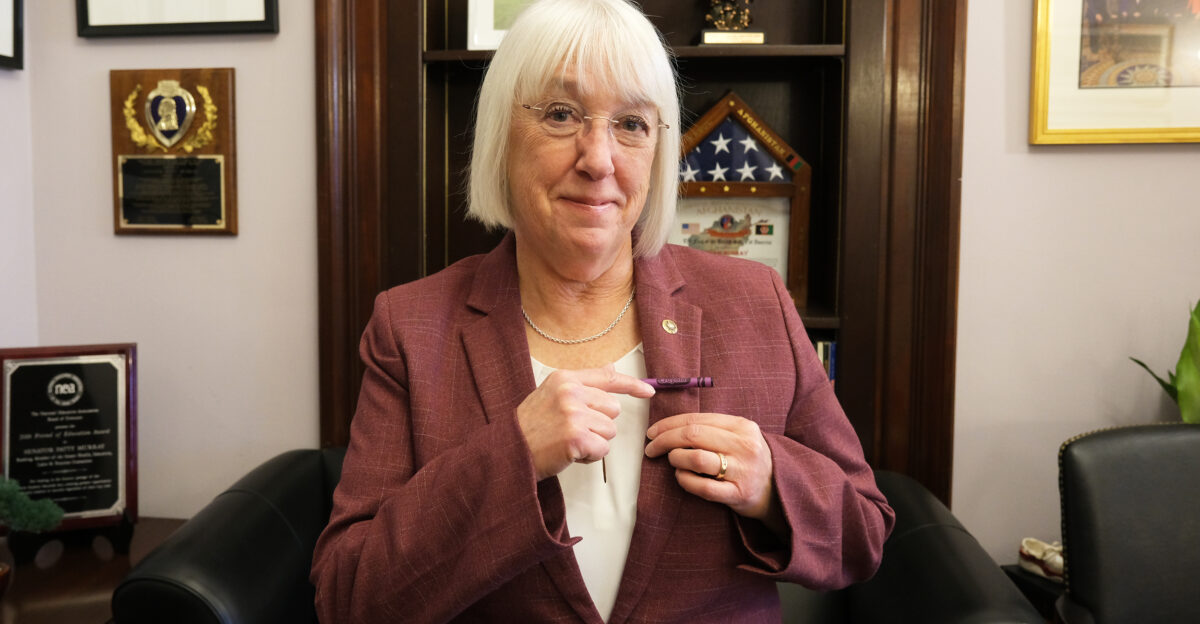
Democratic lawmakers and environmental groups vowed to fight back. Senator Murray declared the decision “grievously wrong” and “shortsighted”. Conservation groups announced they will continue pushing for salmon in court — without the agreement there’s nothing to block existing lawsuits. Earthjustice attorney Amanda Goodin called it “the latest in a series of anti-government and anti-science actions” and said her team will press on with legal efforts to restore salmon.
In Congress, Northwest politicians are demanding hearings and funds to protect fish, but with Republicans in charge, any new legislation is unlikely. The battle has moved to Capitol Hill and the courts, where each side aims to force a solution.
What you can do to help
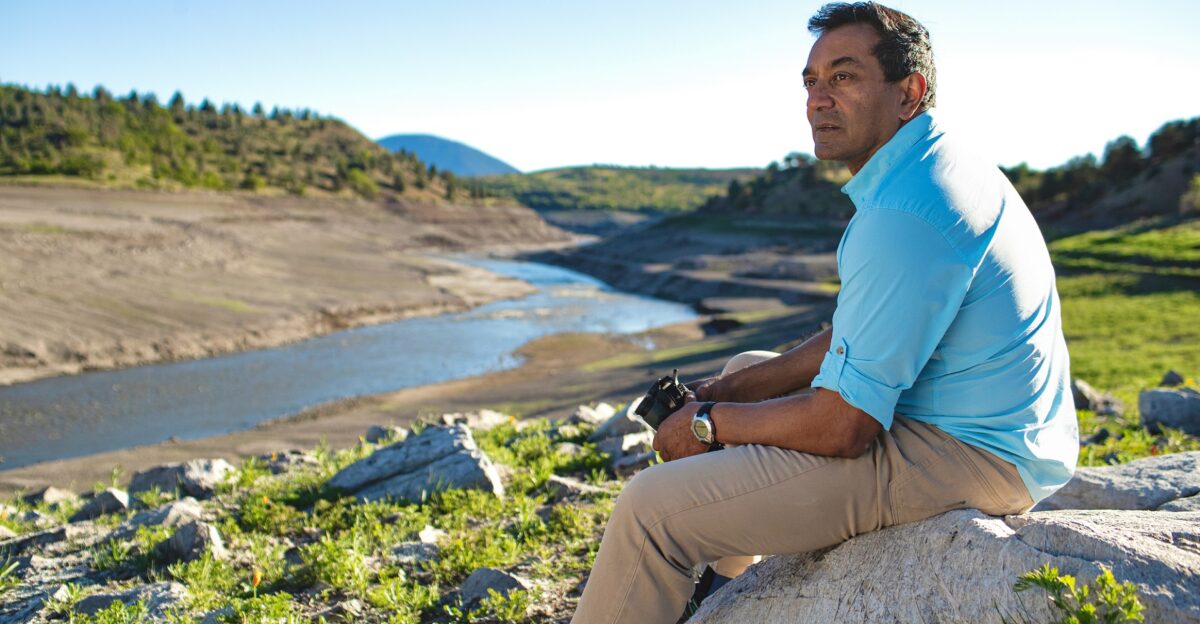
There are practical steps citizens can take to support salmon recovery. Experts urge people to get involved locally: volunteer for river and habitat restoration projects, join watershed councils, and speak up at town meetings to demand healthy stream flows. Properly disposing of pollutants helps too — for example, take used oil, pesticides and chemicals to recycling centers so they don’t leak into salmon streams. Contacting elected officials is another route: ask them to provide sufficient water flows and funding for hatcheries and habitat.
Even everyday choices matter. NOAA advises conserving water and electricity, since healthier rivers (with cooler water and better flow) help salmon survive.
Looking downstream
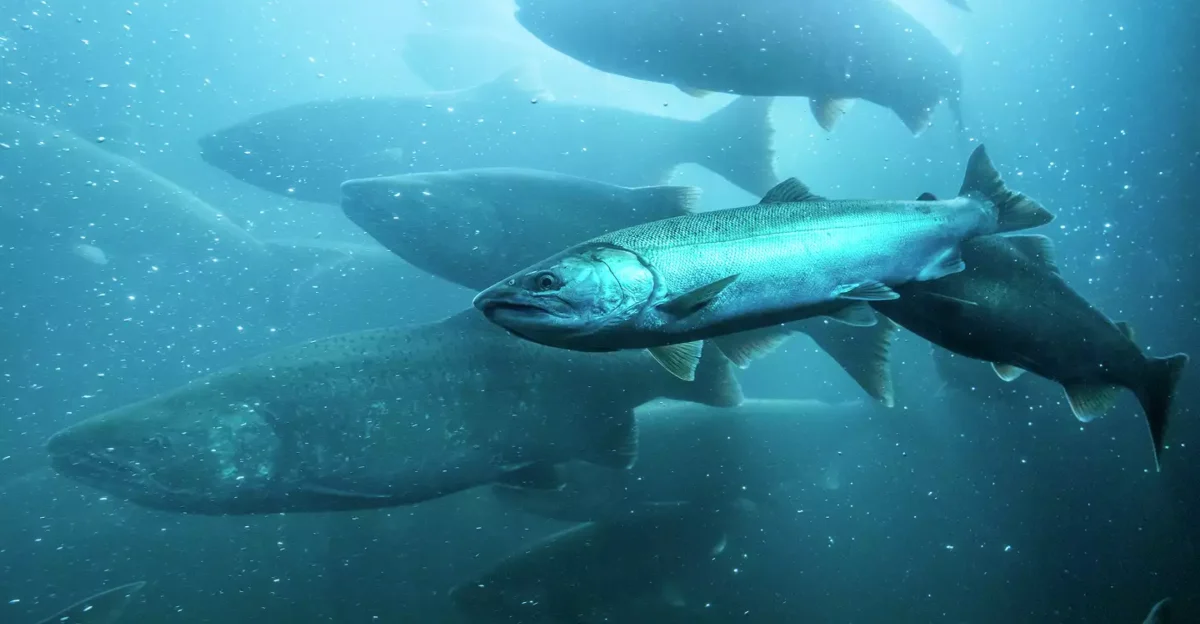
Ultimately, this episode shows how one policy decision can have wide-ranging effects. The salmon pact was once hailed as an “unprecedented commitment” to restore the Northwest’s rivers and tribes. Its abrupt end illustrates the entwined nature of ecology, economy and culture: a change on the Columbia affects fish stocks, energy rates, food supplies and tribal livelihoods.
Moving forward, the region’s people and leaders must scramble to pick up the pieces — by legal action, new planning, or consumer choices.







